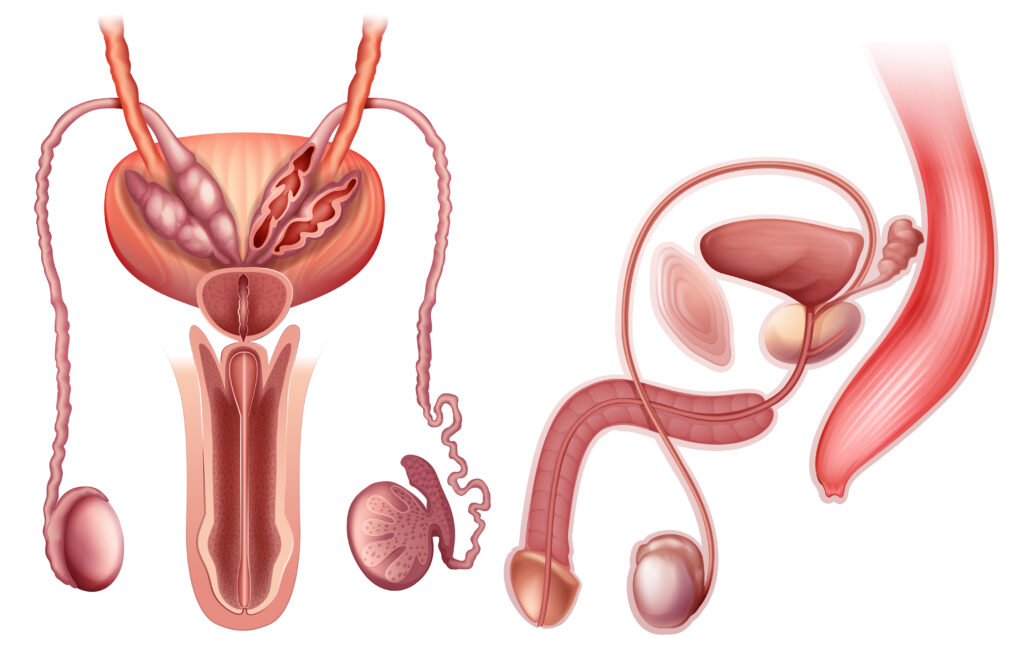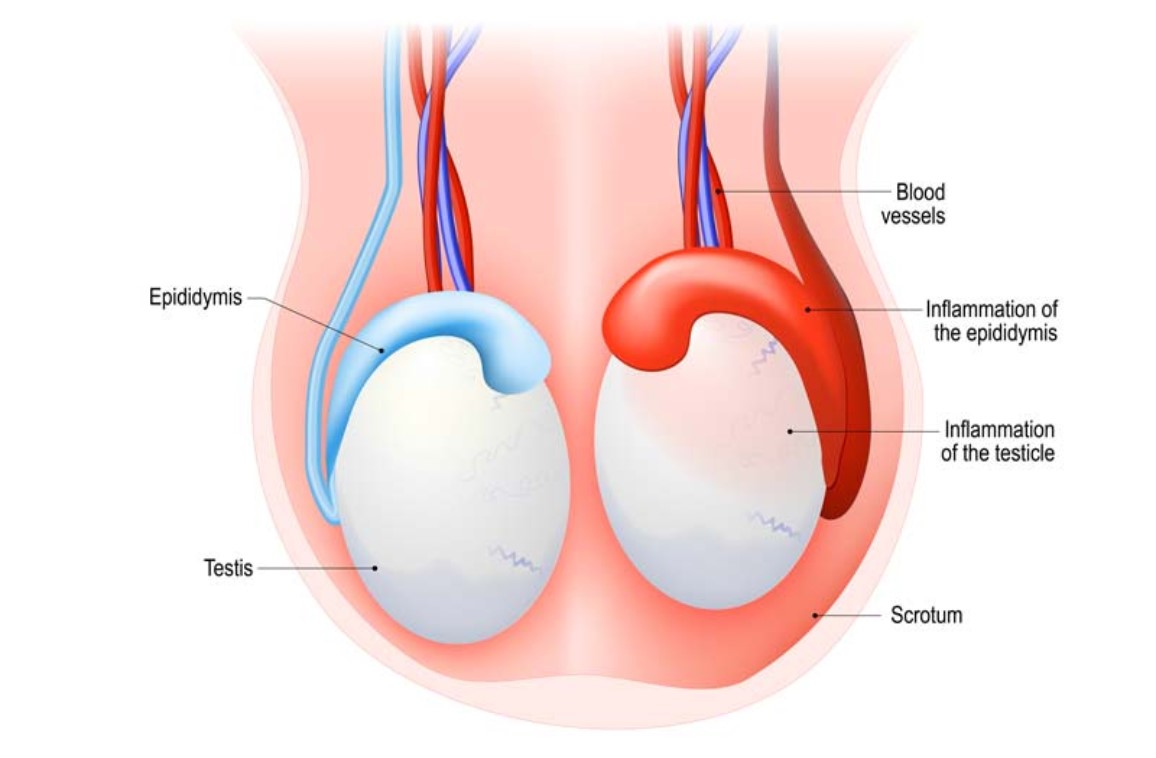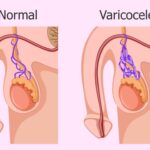
Orchitis refers to inflammation (itis) of one’s testicle (orkhis). Orchitis is indeed a painful, potentially dangerous infection of the male genitals and can occur due to viral or non-viral causes.
The first few symptoms to arise are usually fever, headache, malaise (or a general ill-feeling), and also swollen salivary glands (parotitis), followed by swollen, painful testicles that can occur unilaterally (on one side) or even bilaterally. A person may also experience painful urination, blood in one’s urine or semen, and pain in the surrounding area of the testicles.
To treat orchitis, vaccination with the MMR vaccine in childhood is a good way to go. If the cause is viral, treatment options are usually supportive. Treatment for non-viral orchitis can involve surgery to restore blood flow to the testicle or even antibiotics if the cause is bacterial.
Antibiotics are required to treat bacterial orchitis. If the cause is viral, ibuprofen, acetaminophen, and ice packs can be used to treat symptoms.
Other systemic symptoms of orchitis that do not affect one’s testicles include:

Pain is more likely just before and during sexual activity, after ejaculation, and also during or after exercising. The pain can be there when awake, asleep, standing, sitting, or moving.
At-home treatments
For mild testicle pain, you can try the following:
Seeing a doctor right away is important if having dull pain in the testicle that starts slowly. It might appear as though it is coming from or going into the lower abdomen. Also, it is advisable to consult a doctor if suffering from fever, chills, and burning when urinating.









©2024. Andro9. All Rights Reserved.